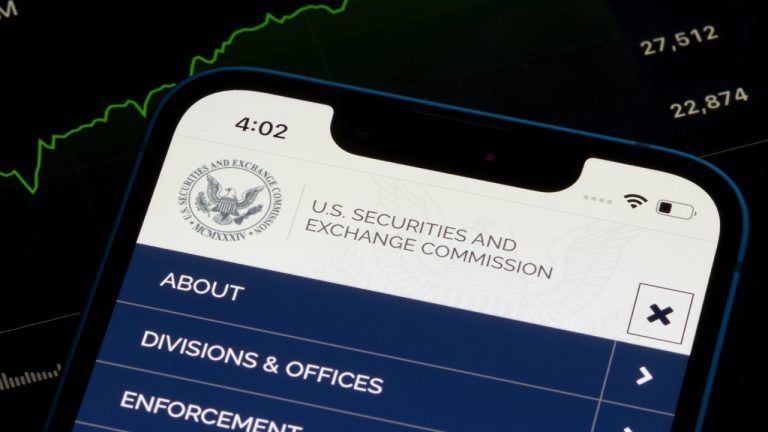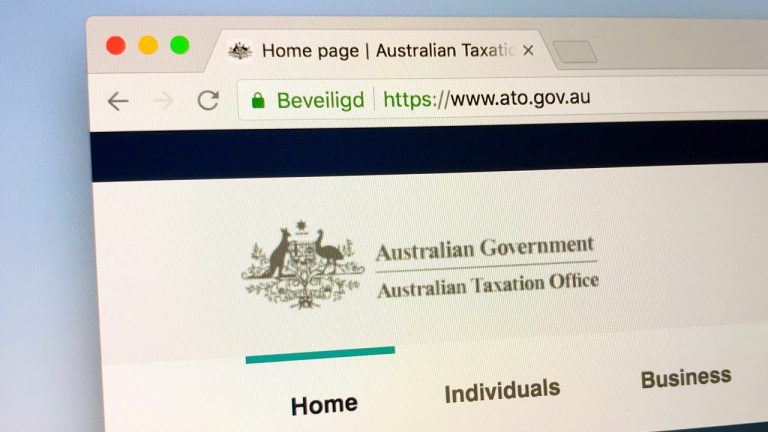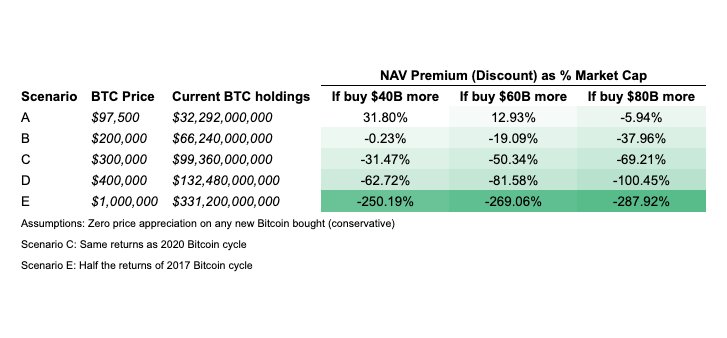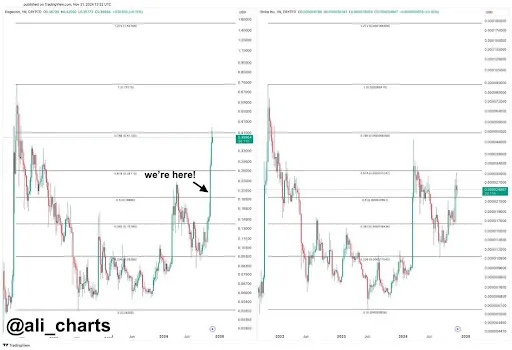Reliable auditing procedures are important for ensuring the integrity of blockchain networks.
Blockchain auditing is the process of examining and verifying the data and transactions stored within a blockchain network. It focuses on assessing the integrity and accuracy of the information recorded on the blockchain to ensure it aligns with the intended rules, protocols and regulations.
Through the audit process, smart contract code is painstakingly examined to identify vulnerabilities of all levels, ranging from minor loopholes to critical weaknesses that could potentially expose millions to risk.
Auditors review and reveal centralization issues, ensure the project code functions as the developer intended, and optimize the code's efficiency. They address key areas such as mathematical operations, logical issues, control flow, access control and compiler errors. By doing this, the probability of a smart contract vulnerability is substantially reduced, providing an essential safeguard in the world of Web3.
Sheldon Xia, founder and CEO of crypto exchange Bitmart, told Cointelegraph, "Auditing significantly reduces risks associated with smart contract vulnerabilities.”
However, auditing is not a panacea. Many projects often do not have their entire code audited due to time and budget constraints, leaving sections of the code unchecked and potentially susceptible to issues.
Furthermore, audits must be continuous, as code is frequently updated or forked, making single audits insufficient for long-term security.
In addition, there's the challenge of ensuring that the deployed code is the one that was actually audited and not something different. This emphasizes the need for both transparency and traceability in the deployment process, underlining the necessity of a more holistic approach to security that goes beyond mere code auditing.

Auditing blockchain systems is crucial for several reasons.
Firstly, auditing ensures the verification of transactions recorded on the blockchain. This involves scrutinizing the transaction history, validating inputs and outputs, and confirming that the transactions comply with predefined rules and smart contracts. By doing so, auditing helps prevent fraudulent or erroneous transactions and maintains the integrity of the blockchain network.
Secondly, blockchain auditing plays a vital role in security and fraud detection. Auditors thoroughly review the transactions, and access controls and cryptographic mechanisms to identify unauthorized or suspicious activities within the blockchain network. This aspect is particularly critical in financial systems, supply chains and sensitive data management with high potential risks.
Auditing enhances accountability by holding participants responsible for their actions within the blockchain network. It helps identify discrepancies or inconsistencies, ensuring all stakeholders are accountable for their activities.
Furthermore, auditing instills trust and confidence among stakeholders in blockchain-based systems. By optimizing the blockchain network based on audit findings, organizations can ensure it can handle increasing transaction volumes and meet desired performance objectives.
The importance of reliable auditing processes
While auditors play an essential role in the security of blockchain networks, founders must select reputable organizations. One drawback associated with shady auditing firms is a conflict of interest. These entities may have undisclosed conflicts that compromise their independence and objectivity.
They could be financially tied to the projects they audit or maintain undisclosed partnerships or investments that introduce bias into their evaluations. Such conflicts undermine the integrity of the audit process and raise doubts about the impartiality of their findings.
Magazine: 6 Questions for Simon Davis of Mighty Bear Games
Transparency is crucial in auditing to ensure accountability and build trust. However, shady auditing firms often lack transparency in their operations. They provide limited or vague information about their methodologies, processes and auditors' qualifications.
In March 2023, Cointelegraph reported that banks associated with the defunct crypto exchange FTX may have relied on the misleading and faulty financial information provided by proof-of-reserve examinations by auditors associated with the Public Company Accounting Oversight Board.
In another report by Cointelegraph in December 2022, the SEC’s acting chief accountant Paul Munter stressed that investors shouldn't place too much confidence in a company's proof-of-reserve audits. Munter said these proof-of-reserve reports lack sufficient information for stakeholders to determine whether the company has enough assets to meet its liabilities. This lack of transparency makes it challenging to evaluate the reliability and credibility of their findings, raising concerns about the validity of their audits.
Although a third party should conduct audits, the lack of true independence among many auditors means that the results are sometimes unreliable. In other words, they may have an incentive to avoid disappointing customers.
Inadequate due diligence is another drawback associated with shady auditing firms. Effective audits require thorough analysis, including a comprehensive review of project documentation, source code, financial records and security measures.
Some firms may perform inadequate due diligence or rely on incomplete or inaccurate information from their audit projects. Consequently, their reports can be misleading or inaccurate, failing to identify significant risks or vulnerabilities.
An incomplete or misleading audit can have severe consequences for the reputation and trustworthiness of a blockchain project. If investors, users or regulators discover an audit report is unreliable or conducted by an untrustworthy firm, it erodes confidence in the project.
This diminished trust can result in decreased adoption, loss of investments and potential legal repercussions.
Best practices for effective auditing in blockchain systems
In exploring best practices for conducting audits in blockchain environments, auditors must deeply understand how blockchain systems work. This includes knowledge of the underlying architecture, consensus mechanisms and transaction validation processes.
Such expertise enables auditors to identify potential vulnerabilities and evaluate the overall security and integrity of the system. Comprehensive documentation is essential to the auditing process, ensuring that all relevant information about the blockchain system is thoroughly recorded.
Technical specifications, smart contracts, cryptographic algorithms and other critical components must be documented to gain insights into the system's functionality and identify potential risks and vulnerabilities.
Moreover, auditors should thoroughly review the codebase of the blockchain system and conduct a detailed analysis of smart contracts. This process entails assessing the code for vulnerabilities, logic flaws and potential attack vectors exploited by malicious actors.
Specialized tools and techniques may be employed to ensure the accuracy and security of the system during the code review and smart contract analysis.
End-to-end security is key
The reality is that auditing alone is not enough. A more holistic, comprehensive approach is required. While auditing addresses code-based risks, Know Your Customer procedures tackle the human risk factor, thereby providing a more comprehensive security overview. However, striking the right balance between the anonymity offered by Web3 and the trust fostered through KYC can be a delicate process.
Of course, KYC is not foolproof either, with cases of bad actors misrepresenting themselves and passing KYC checks, creating a false sense of trust around a project. This means that rigorous screening processes conducted by seasoned professionals are needed. KYC verification is only as meaningful as the process behind it is comprehensive.
Alpen Sheth, partner at Borderless Capital, a crypto venture capital firm, told Cointelegraph, “It's important to remember that auditing should be an ongoing process to keep up with code changes and the evolution of the ecosystem. We acknowledge that security is an integral part of sustainable growth and development in the blockchain space."
Chinese police vs. Web3, blockchain centralization continues: Asia Express
In this complex landscape, investors should also exercise due diligence. Alongside reading and understanding audit reports, they should also look for projects audited by reputable firms, track project code updates and their corresponding audits, know the team behind the project and their track record, and consider the proportion of audited code within the project.
As the Web3 ecosystem continues to grow, a multifaceted approach combining comprehensive auditing, robust KYC processes, and investor due diligence is necessary to ensure optimal security. This, alongside a concerted effort to address the challenges of centralization risks, can provide a more secure foundation for the continued growth and success of Web3 projects.

You can get bonuses upto $100 FREE BONUS when you:
💰 Install these recommended apps:
💲 SocialGood - 100% Crypto Back on Everyday Shopping
💲 xPortal - The DeFi For The Next Billion
💲 CryptoTab Browser - Lightweight, fast, and ready to mine!
💰 Register on these recommended exchanges:
🟡 Binance🟡 Bitfinex🟡 Bitmart🟡 Bittrex🟡 Bitget
🟡 CoinEx🟡 Crypto.com🟡 Gate.io🟡 Huobi🟡 Kucoin.




















Comments